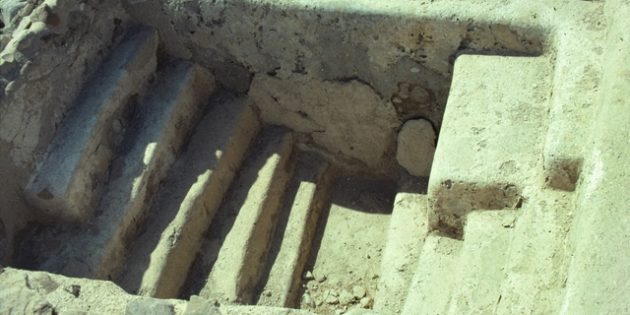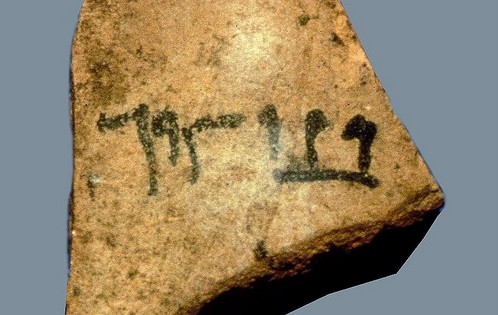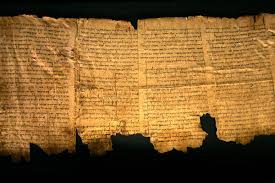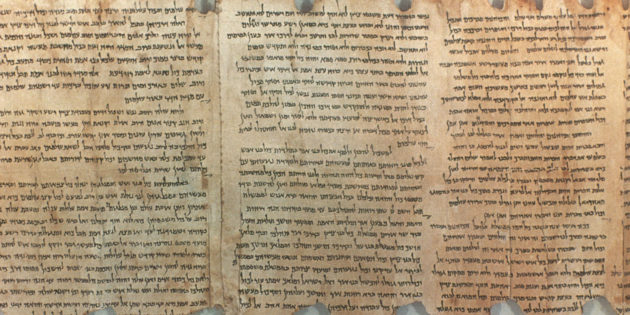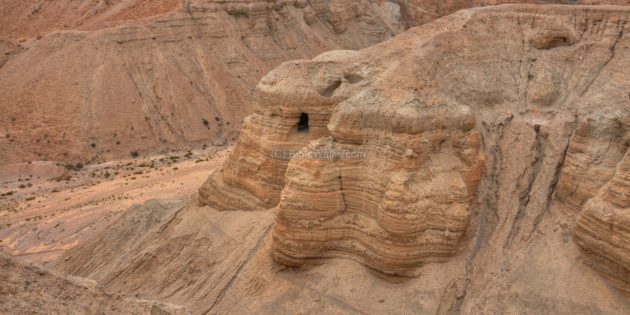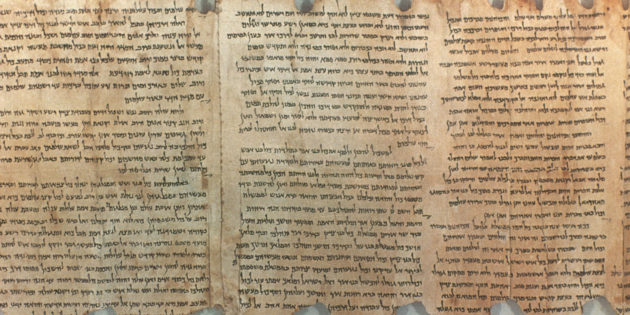The Scrolls and Christianity
There is still a popular conception that the Dead Sea Scrolls can solve the problem of early Christianity, but that prevents us from learning about the rise of Christianity through these Jewish texts. Prof. Lawrence H. Schiffman, New York University

